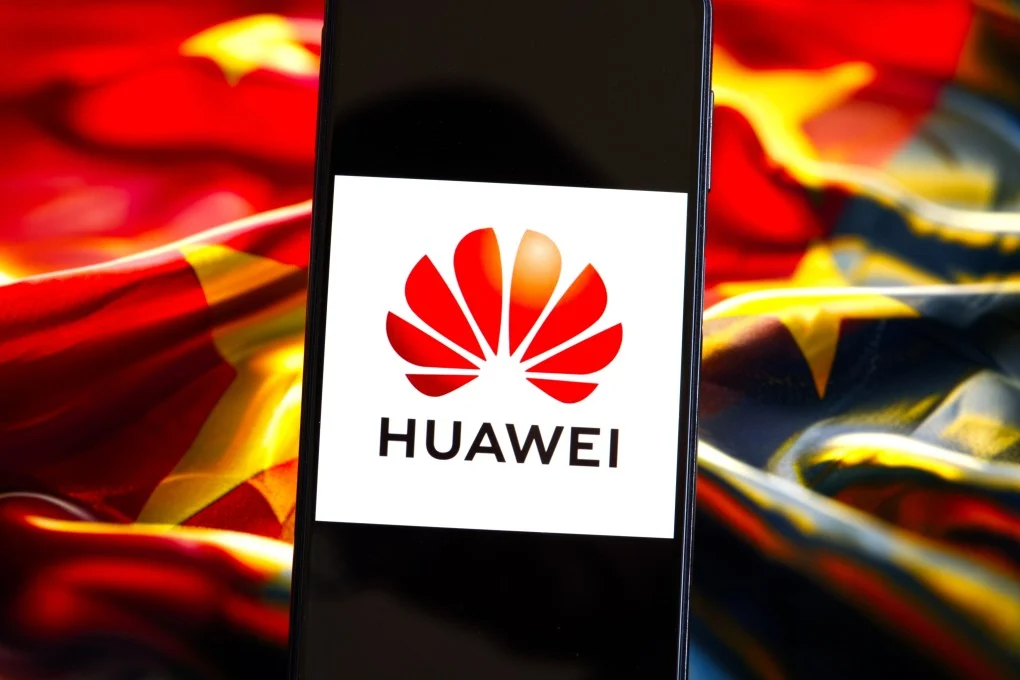Huawei is targeting the Middle East (UAE and Saudi Arabia) and Southeast Asia (Thailand) to introduce its AI chips internationally, challenging Nvidia’s dominance. It’s offering older-generation Ascend 910B chips—a few thousand units so far—alongside remote access to its more advanced CloudMatrix 384 clusters, though the latter isn’t export-ready yet due to limited supply. No contracts have been finalized yet, and initial response has been lukewarm in the UAE and Thailand
🧭 3 Key Implications
1️⃣ Geopolitical chip competition heats up
Huawei’s efforts come amid U.S. export restrictions that hamper Nvidia’s sales to China. The Middle East is seen as a highly lucrative battlefield—home to a $600 billion AI investment via U.S. deals—making it the prime target for Huawei’s chips
2️⃣ Aiming to fill Nvidia’s void
Huawei’s Ascend chips are seen as viable alternatives in markets uncertain of U.S. tech due to geopolitical risks. They’re less advanced than Nvidia’s but come at competitive volumes and prices, and their CloudMatrix system offers high compute even if it’s for remote access only .
3️⃣ Export rollout faces real-world friction
Despite aggressive outreach, buyers in UAE have shown no interest yet, and talks with Thailand remain inconclusive. Without finalized deals, Huawei’s ambitions are still theoretical
⚙️ Huawei’s AI tech: the details
- Ascend 910B: An older but capable AI training chip offered in modest quantities overseas.
- CloudMatrix 384: A high-end AI cluster leveraging Ascend 910C chips; currently only available via remote access due to limited supply
- In China, Huawei continues selling Ascend 910C / 910B chips to domestic firms blocked from American chip access
🔭 What to Watch Next
- Deal closures in the Middle East or Southeast Asia—especially contracts with UAE or Saudi clients.
- Regulatory reactions, as Huawei navigates U.S. export limitations and geopolitically sensitive regions.
- Tech competition: How Nvidia and partners like AMD may respond with localized offerings or strategic alliances.
✅ Bottom Line
By pushing Ascend 910B chips and remote CloudMatrix 384 services to the UAE, Saudi Arabia, and Thailand, Huawei aims to carve out a foothold in territories underserved by Nvidia due to geopolitical tensions. While exports are still tentative, this marks a significant strategic pivot in the global AI chip landscape—especially as U.S. export curbs reshape competition.



